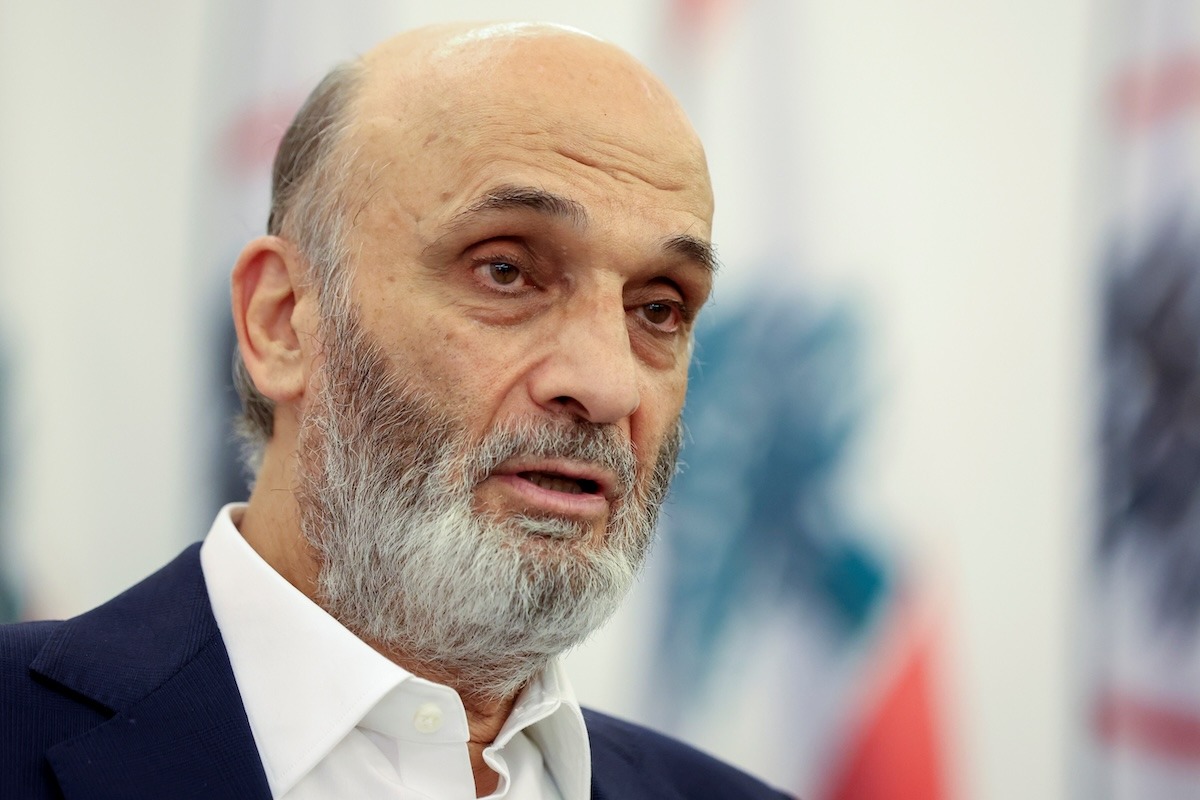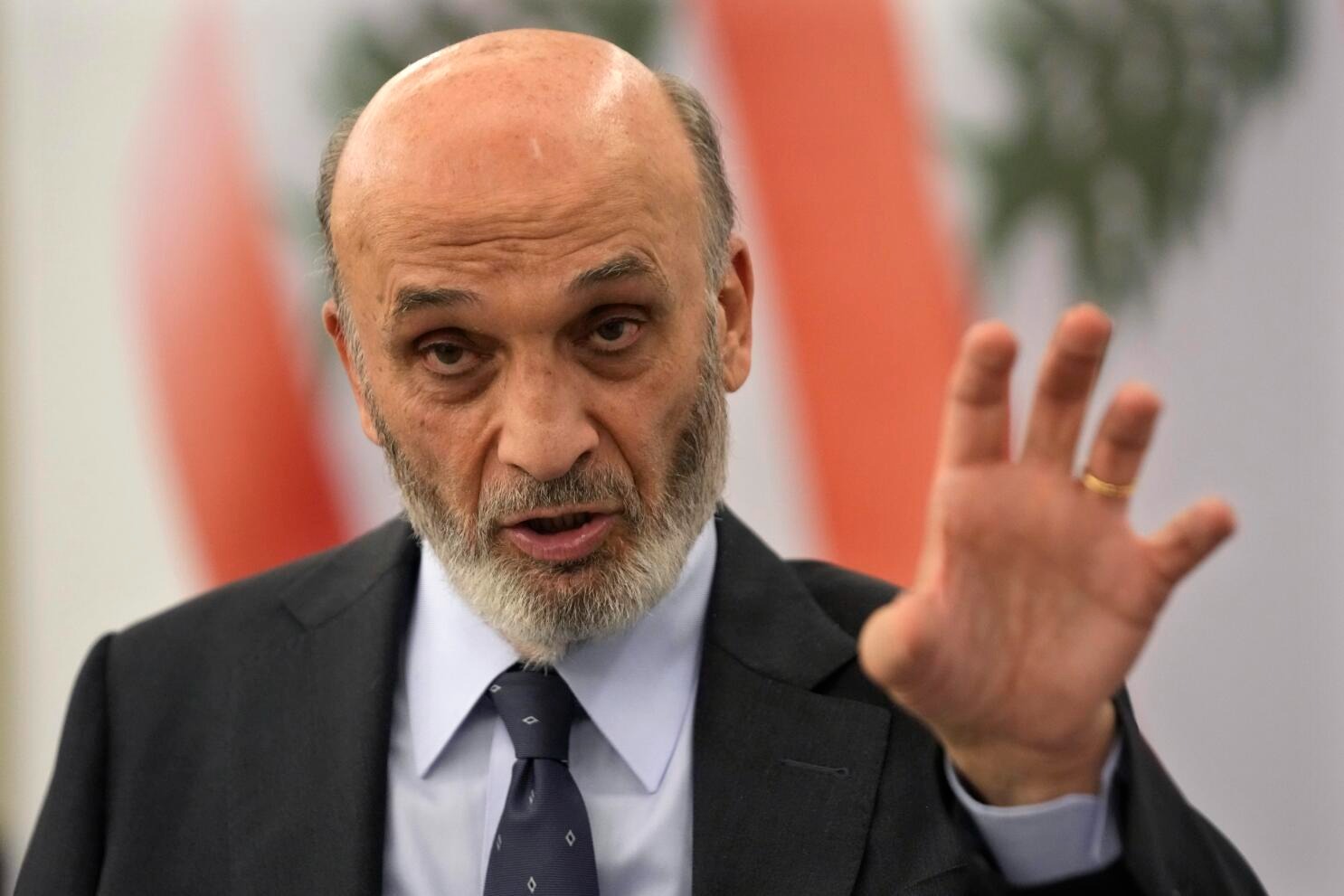On October 8, just one day after Hamas terrorists launched a devastating invasion of southern Israel, the Iranian-backed Lebanese terrorist militia Hezbollah commenced an unprovoked missile attack on northern Israel.
This marked the beginning of a prolonged and intense period of violence, with near-daily Hezbollah attacks on Israel and corresponding responses from the IDF. The consequences have been severe, displacing tens of thousands of people from their homes in northern Israel and southern Lebanon.
Samir Geagea, the head of the main Lebanese Christian party, Lebanese Forces (LF), has been vocal in his condemnation of Hezbollah’s aggression against Israel, labeling it as detrimental to Lebanon. In an interview with The Associated Press, Geagea emphasized that no single entity has the right to control the fate of a country and its people.

He stressed that Hezbollah’s actions have caused immense harm, resulting in the loss of 12 Israeli soldiers, 10 civilians, and over 350 lives in Lebanon, including 273 Hezbollah fighters and more than 50 civilians.
Geagea urged Hezbollah to withdraw from areas along the border with Israel, allowing the Lebanese army to take control, as mandated by UN Security Council resolutions. He believes Hezbollah’s ultimate goal is to establish an Iranian presence along Israel’s border, which would further destabilize the region.
As the leader of the opposition and the largest bloc in Lebanon’s 128-member parliament, Geagea has positioned himself as a strong voice against Hezbollah. He asserts that the organization does not represent the Lebanese people and is causing harm to Lebanon far more than it is to Israel. Geagea emphasized that Hezbollah is not the government in Lebanon, despite its influence.

Hezbollah has long presented itself as a defender of Lebanon, but increasingly, Lebanese citizens view the organization as a threat to national security. Many, particularly Christians and Sunni Muslims, believe Hezbollah prioritizes the Iranian regime’s interests over Lebanon’s national interests.
Hezbollah officials claimed their attacks on Israel’s northern border aimed to alleviate pressure on Hamas in Gaza by engaging multiple Israeli army divisions, preventing them from joining military operations in Gaza. However, Geagea disagrees, pointing out the devastating consequences in Lebanon’s border villages, including a death toll and massive destruction.
Geagea has been critical of the caretaker government for failing to take action against Hezbollah, allowing the country to become a battleground and a commodity in the volatile regional scene. Opposition to Hezbollah within Lebanon has been rising, with warnings of a potential civil war between pro- and anti-Hezbollah groups.


